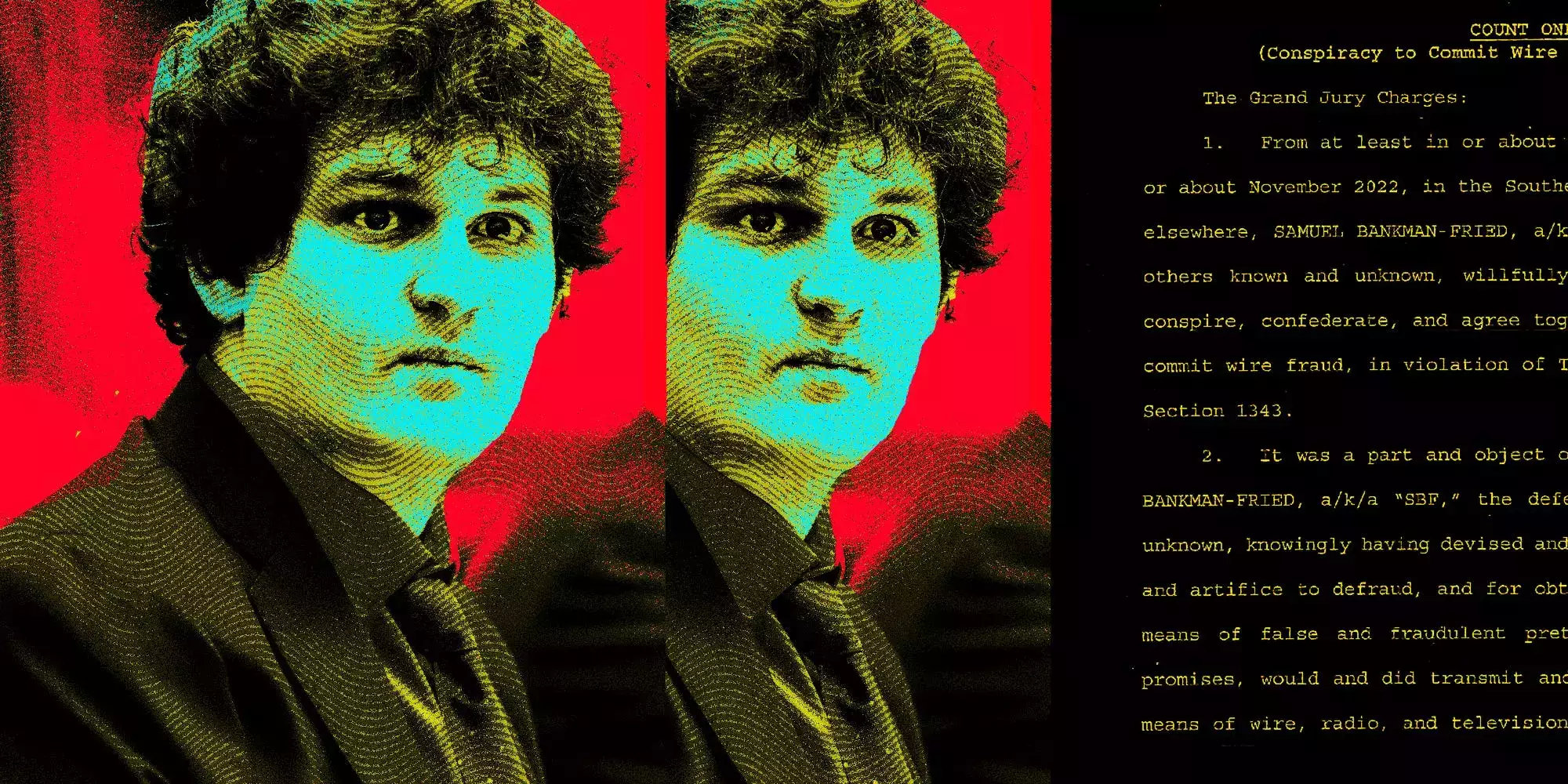Prosecution and Defense Rest in Sam Bankman-Fried’s Fraud Trial
Sam Bankman-Fried’s high-profile fraud trial took a dramatic turn as both the prosecution and the defense rested their cases. The government’s questioning during Bankman-Fried’s testimony revealed significant doubts about his credibility.
Bankman-Fried, the founder of cryptocurrency exchange FTX, made the risky decision to testify in his own defense last week. However, his responses to the prosecution’s questions raised more questions than answers. He repeatedly claimed he couldn’t recall important details about his time as CEO of FTX, which raised suspicions about his involvement in the alleged fraud.
Prosecutors have accused Bankman-Fried of defrauding customers and investors, bringing charges of wire fraud and conspiracy against him. Throughout his testimony, he appeared aloof and avoided taking personal responsibility for his actions. His inability to provide straightforward answers and recall specific information seemed to frustrate Judge Lewis Kaplan.
One of the key moments during Bankman-Fried’s testimony was his evasiveness when asked about FTX’s safety for customers. He claimed he couldn’t remember if he ever made such statements, but the prosecution presented an advertisement in which he described FTX as the “most trusted way to buy and sell bitcoin.” When confronted with his support for cryptocurrency regulation in relation to customer protection, Bankman-Fried initially claimed he couldn’t recall but later acknowledged it.
Bankman-Fried also distanced himself from Alameda Research, a crypto firm he co-founded. Despite owning 90% of the company until its bankruptcy, he claimed he wasn’t involved in its day-to-day operations or aware of its risky decisions. He struggled to recall whether he publicly disclosed certain perks for Alameda, such as being exempt from automatic liquidation systems.
Furthermore, Bankman-Fried disavowed his instructions to employees, often dismissing them as mere suggestions. However, former members of his inner circle testified against him, stating that he masterminded the fraud scheme. His testimony suggested a lack of memory or responsibility for his actions.
Despite having ample time to review the government’s evidence, Bankman-Fried admitted he did not thoroughly review the millions of documents presented. This further weakened his credibility in the eyes of the jury.
Judge Kaplan denied the defense’s motion for acquittal, and closing arguments are scheduled for Wednesday. Bankman-Fried’s testimony has left him in a vulnerable position, as he has failed to convince the prosecution or the jury of his innocence. The outcome of the trial hangs in the balance as the case approaches its conclusion.

